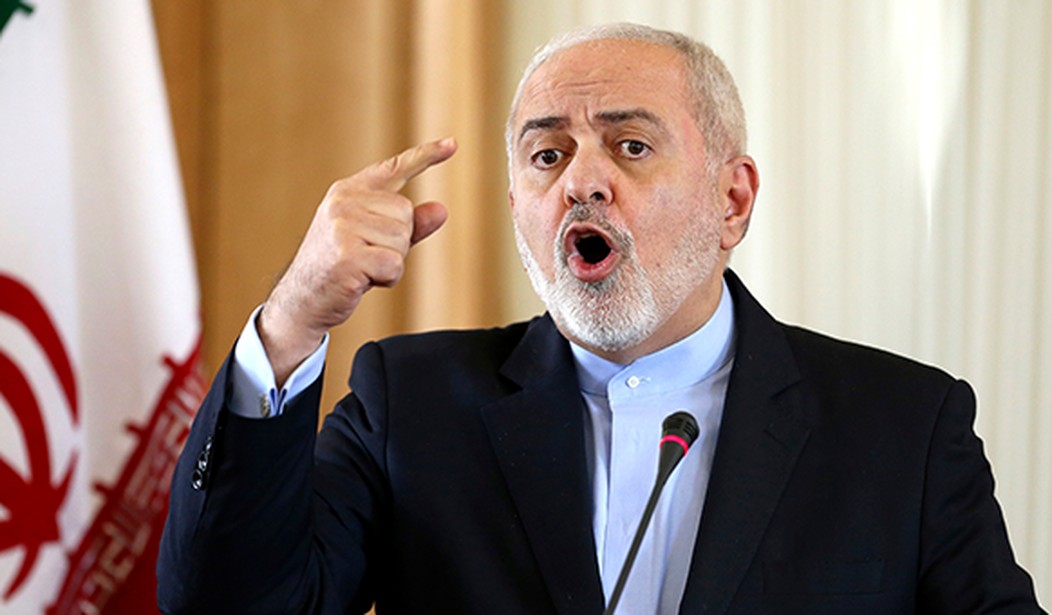It is time to take on Iran responsibly – but the operative word is responsibly. That country’s recent actions, and American reactions, warrant full attention. Needed are steps to peace, not skips to war.
The Obama era JCPOA agreement, effectively limiting Iran’s nuclear ambitions, was abandoned by the Administration in 2018, and rendered moot when Iran officially surpassed uranium enrichment limits, according to the IAEA. Simple re-entry into the JCPOA is no longer a possibility. Whatever Europe now does, the time is right for reevaluating risks posed by Iran, and responsibly addressing them.
Objectively, Iran is a thorn in the side of Middle East Peace. That is not new, but the combination of an unraveling JCPOA, U.S. sanctions driving Iran’s economy downward, disagreement between the U.S. and European allies, Iran’s assumption that America is distracted, divided and disinterested in war presents a dangerous combination.
Iran is not known for restraint, internally where it mercilessly oppresses a restless, young population, or externally where it glibly promotes terrorism, helps destabilize Iraq, Syria and Yemen, pushes long-range missile and nuclear weapons development, and ritually threatens Israel.
More recently, the country – resisting U.S. economic pressure – has lashed out with tanker attacks in the Gulf, shooting down a U.S. drone, and hostile acts across the region. Now, the JCPOA limits are officially breached, and this week Iran attempted to forcibly take control of a United Kingdom oil tanker.
Recommended
Next steps are needed, and they must be responsible. What should they be? First, they should not be automatically military, which could trigger another precipitous slide into another Middle East war. On the other hand, Iran must be convinced that the U.S. is not paralyzed by domestic politics, not indifferent to their nuclear plans, not at odds in any significant way with our allies, and not defenseless. If Iran steps too far over the line, initiates attacks against U.S. personnel or allies, they should know we will respond.
But this begs the larger question. What constructive steps can be taken to reign in the nuclear aspirations of a state that supports terrorism and operates outside international norms, that is not a member of the larger international community of civilized nations, and that is knowingly contributing to instability across the region?
All Americans, regardless of political party, should speak forthrightly, and make no excuses for Iran. Democrats and Republicans alike should assess the situation as it is, not as we may wish it to be. Iran’s regional and global threats – including recent threats; pattern of promoting global terrorism – including recent terrorism; and penchant for pushing regional instability, breaching limits on missile and nuclear development – including this month – should be acknowledged. This is no longer a battle about whether Trump should have left the JCPOA, that action was taken and all consequences must now be dealt with.
But next steps should now be responsible. What does that mean? It means no loose lips, no random threats of retaliation, no lack of proportionality, or lack of resolve. It means no snappy tweets that lead to elevated tension. It means we need to get Iran to sit down – and then put all cards on the table.
A revised version of the JCPOA – equitable and enforceable, no room for uncertainty, cheating, secret uranium enrichment, or missile development should be negotiated. That agreement should be permanent, not temporary or subject to sunset. The agreement should be one that satisfies regional and European allies, stops Iran’s sprint to nuclear break-out, and takes account of where we are. But it should also create a genuine economic opening – an irreversible step toward economic integration with the world, incentives for Iran to change behavior. Absent this kind of sit-down, likelihood of increasing pressure within Iran is high.
If that paradigm can be framed, pursued and made real – there is hope ahead. The concern is, as David Ignatius pointed out in the Washington Post this week, we are approaching a period of apparent “brinksmanship.” In international affairs, as in all matters where stakes are high, time tight and tempers rising, level-headed thinking can be in short supply. We need more of it, not less. That is why Congress – Democrats and Republicans – should encourage responsible next steps, working together on Iran, not turn it into a debate point or non-issue. It is a real issue – and warrants our full attention.
Perry Gershon is a widely recognized business leader and national commentator on business, trade, policy and politics. A congressional candidate for New York’s first district, he holds a B.A. from Yale and an M.B.A. from the Univ. of California.

























Join the conversation as a VIP Member